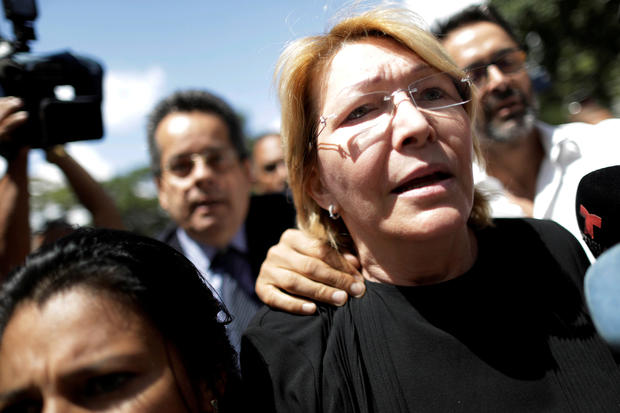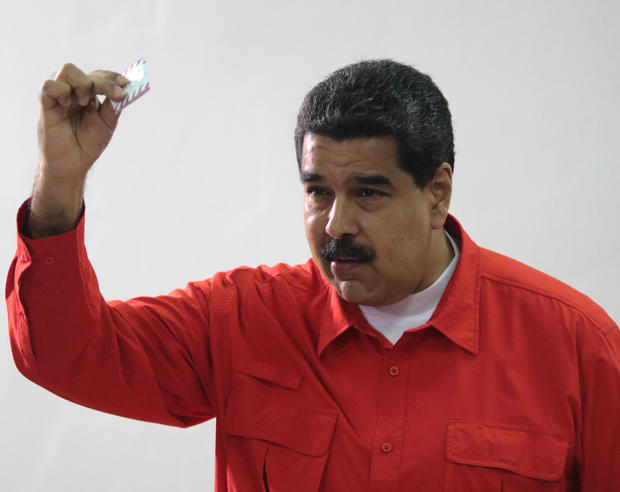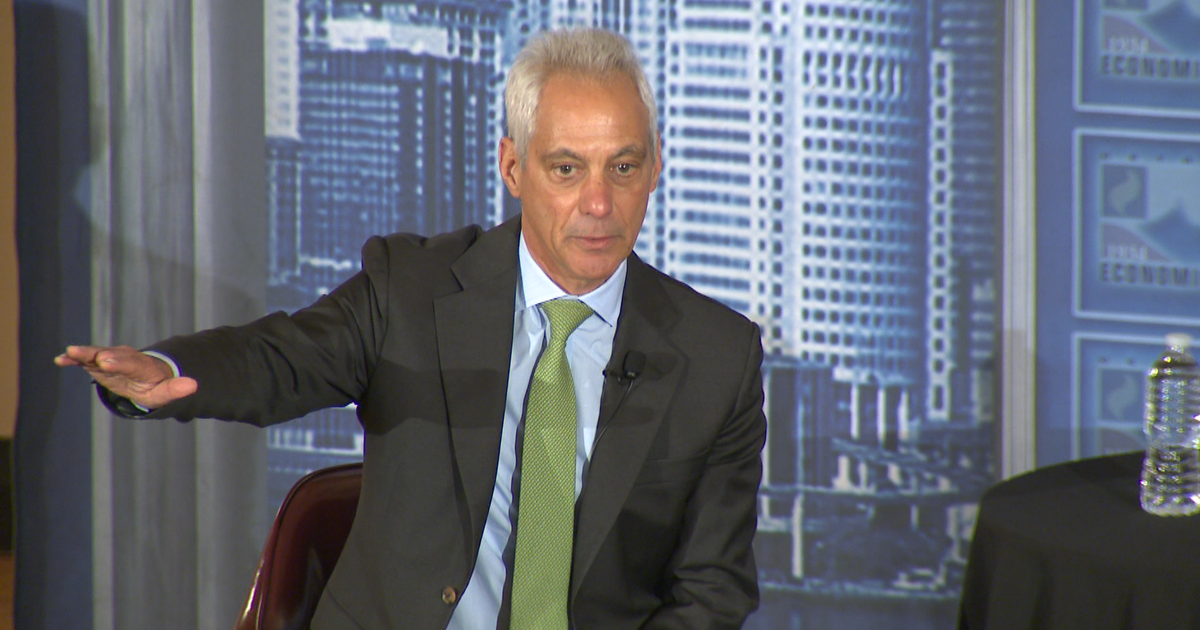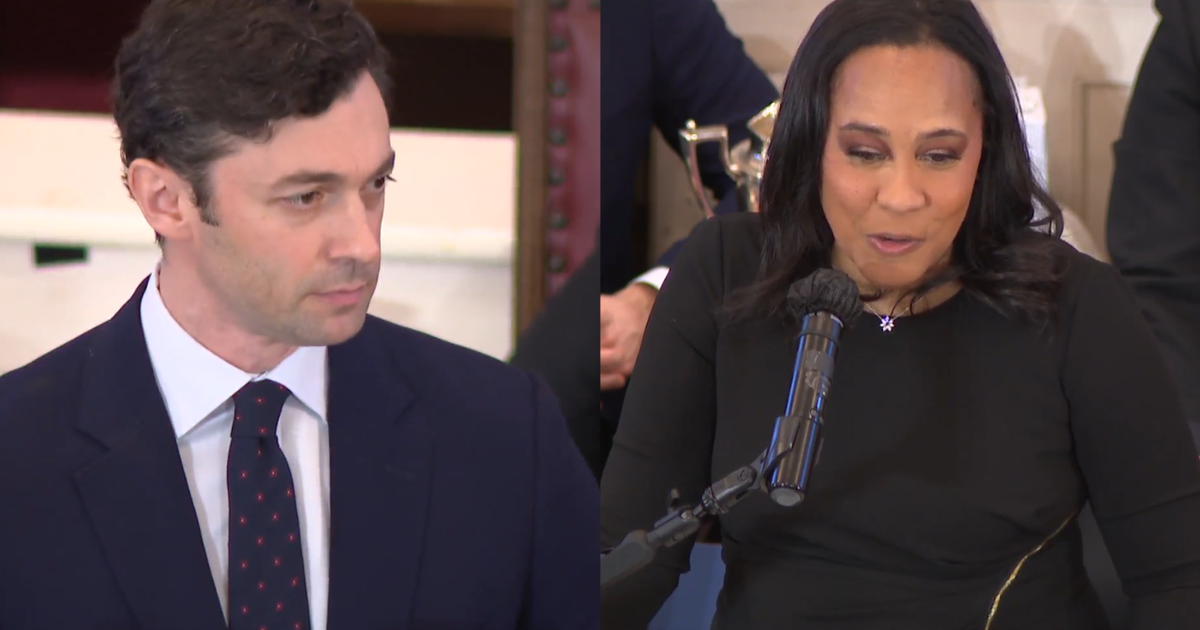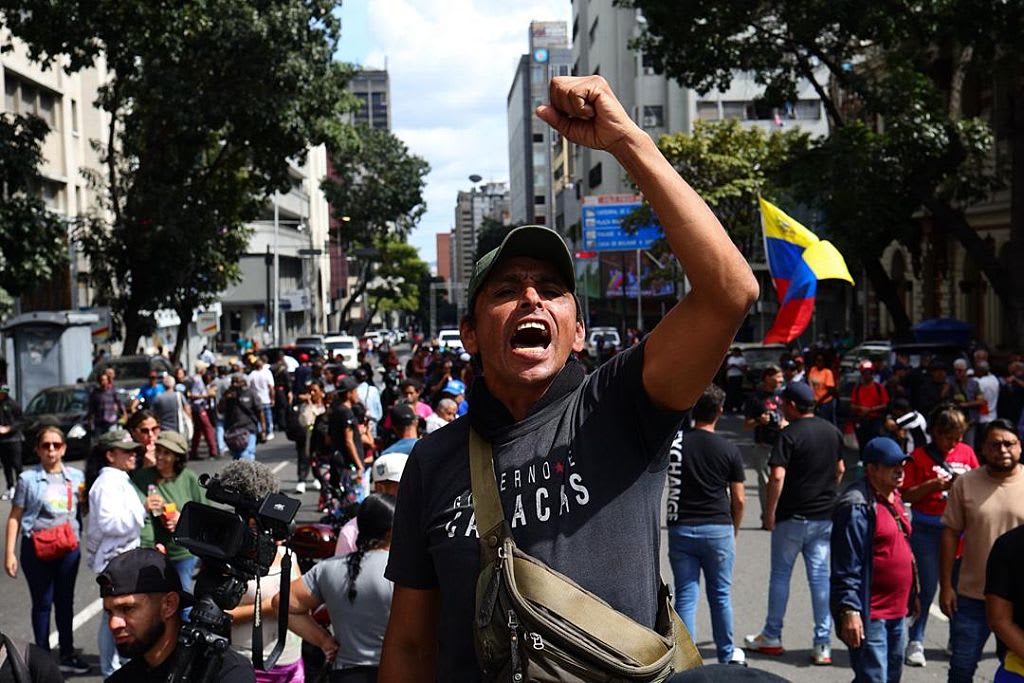Venezuela assembly declares its superiority to rest of government
CARACAS, Venezuela -- Venezuela's new constitutional assembly has passed a decree declaring itself superior to all other branches of government.
The order passed Tuesday bars the opposition-controlled National Assembly and other agencies from taking any action that would interfere with the laws passed by the pro-government super-body.
Embattled President Nicolas Maduro convoked the constitutional assembly in what he says is an attempt to resolve the nation's political standoff but opposition leaders contend it is a power grab.
Opposition leaders and a growing list of foreign government have refused to recognize the new assembly.
Meanwhile, the constitutional assembly ousted Venezuela's defiant chief prosecutor Saturday.
Cries of "traitor" and "justice has arrived" erupted from the 545 pro-government delegates during the unanimous vote to remove Luisa Ortega from her post as the nation's top law enforcement official and replace her with a staunch government supporter.
They said they were acting in response to a ruling by the government-stacked Supreme Court, which had also been considering a request to sanction Ortega.
Earlier Saturday, Ortega, a longtime loyalist who broke with the socialist government in April, said she was pushed and barred from entering her office by dozens of national guardsmen in riot gear who took control of the entrance to the building.
The constitutional assembly was seated despite strong criticism from the United States, other countries and the Venezuelan opposition, which fear the it will be a tool for imposing dictatorship. Supporters say it will pacify a country rocked by violent protests.
Its installation is virtually certain to intensify a political crisis that has brought four months of protests in which at least 120 people have died and hundreds more have been jailed.
Maduro vows the assembly will strip opposition lawmakers of their constitutional immunity from prosecution, while members of congress say they will only be removed by force.
President Trump's top national security adviser, General H.R. McMaster, said he doesn't see a military intervention in Venezuela as likely -- even as he's calling on nations to help "rescue" the country from "authoritarian dictatorship."
McMaster cites the historical resentment in Latin America over the long history of U.S. military interventions in the region. He said he doesn't want to give Maduro any added ammunition to blame "Yankees" for Venezuela's political crisis.
"You've seen Maduro have some lame attempts to try to do that already," McMaster said in an interview on MSNBC that aired Saturday.
He added that it's "important for us to place responsibility for this catastrophe on Maduro's shoulders. He is the one who has caused it, and he's the one who's perpetuating it."
